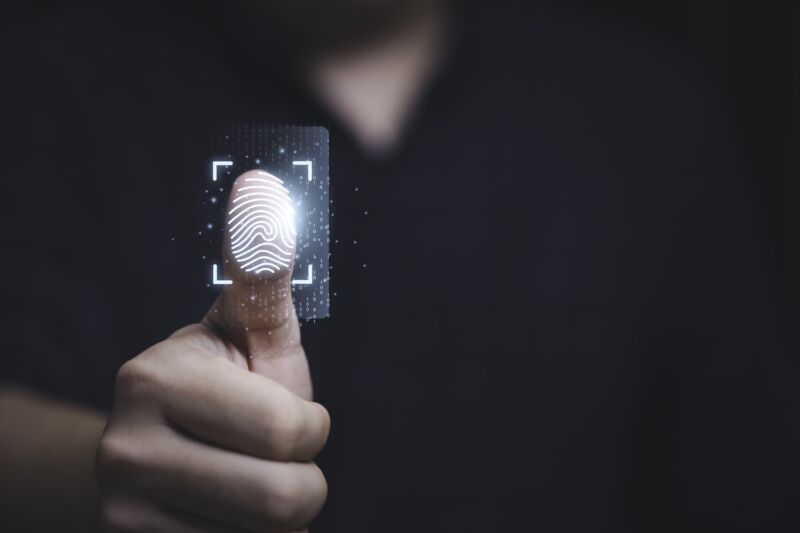- Регистрация
- 17 Февраль 2018
- Сообщения
- 25 395
- Лучшие ответы
- 0
- Баллы
- 2 093
Offline

Enlarge
The US Constitution's Fifth Amendment protection against self-incrimination does not prohibit police officers from forcing a suspect to unlock a phone with a thumbprint scan, a federal appeals court ruled yesterday. The ruling does not apply to all cases in which biometrics are used to unlock an electronic device but is a significant decision in an unsettled area of the law.
The US Court of Appeals for the 9th Circuit had to grapple with the question of "whether the compelled use of Payne's thumb to unlock his phone was testimonial," the ruling in United States v. Jeremy Travis Payne said. "To date, neither the Supreme Court nor any of our sister circuits have addressed whether the compelled use of a biometric to unlock an electronic device is testimonial."
A three-judge panel at the 9th Circuit ruled unanimously against Payne, affirming a US District Court's denial of Payne's motion to suppress evidence. Payne was a California parolee who was arrested by California Highway Patrol (CHP) after a 2021 traffic stop and charged with possession with intent to distribute fentanyl, fluorofentanyl, and cocaine.
Read 14 remaining paragraphs | Comments
